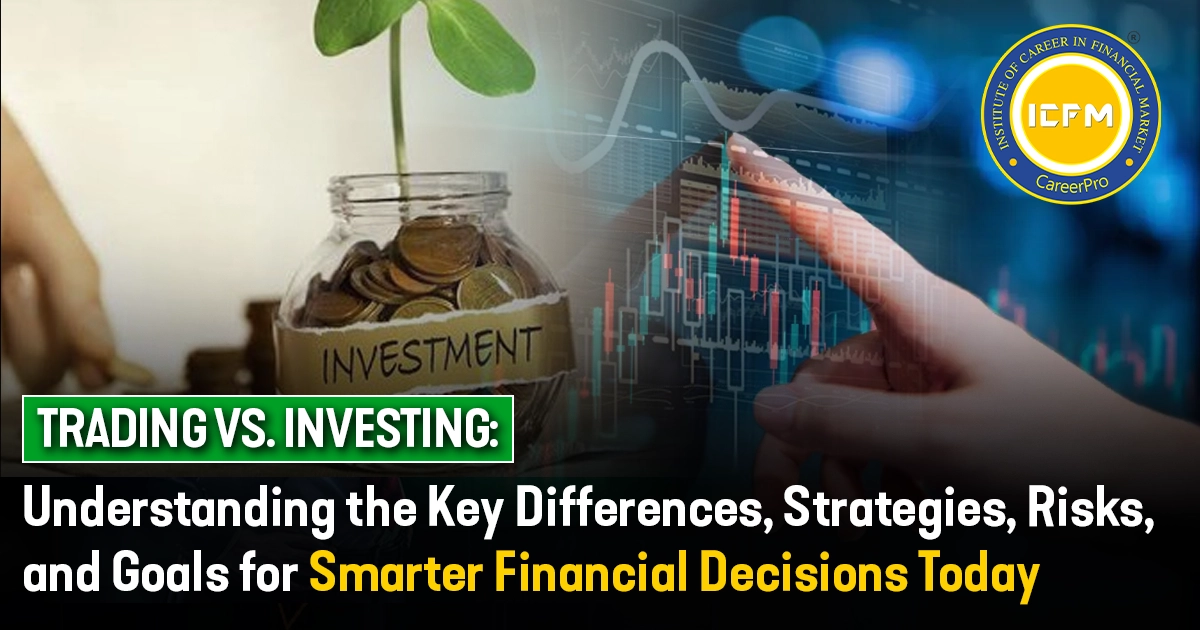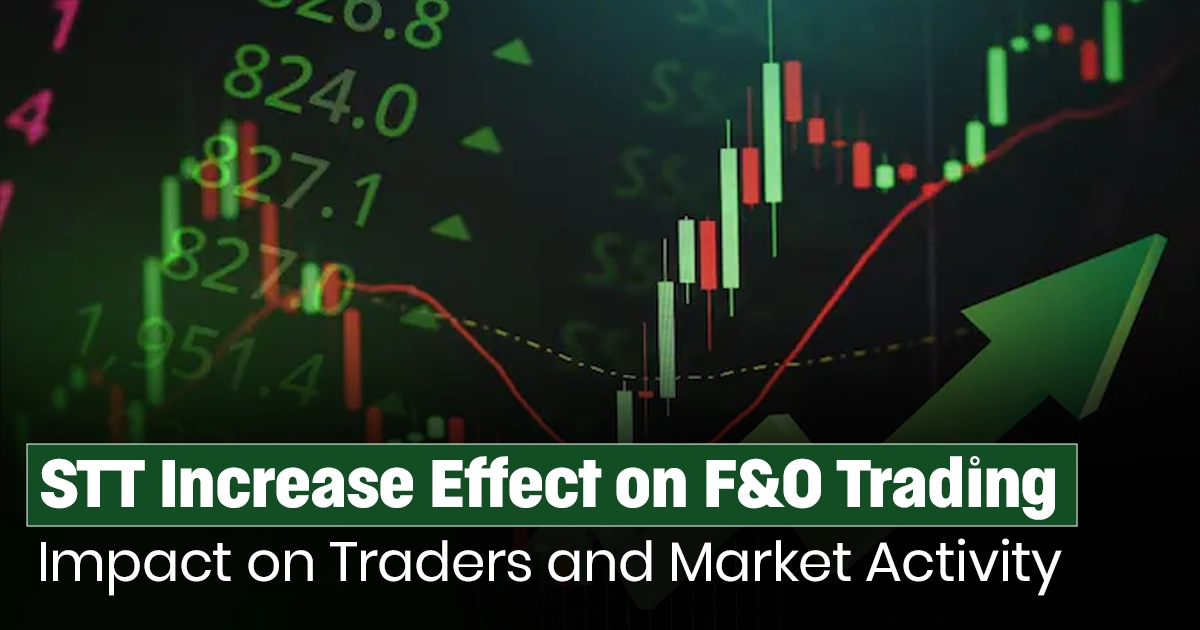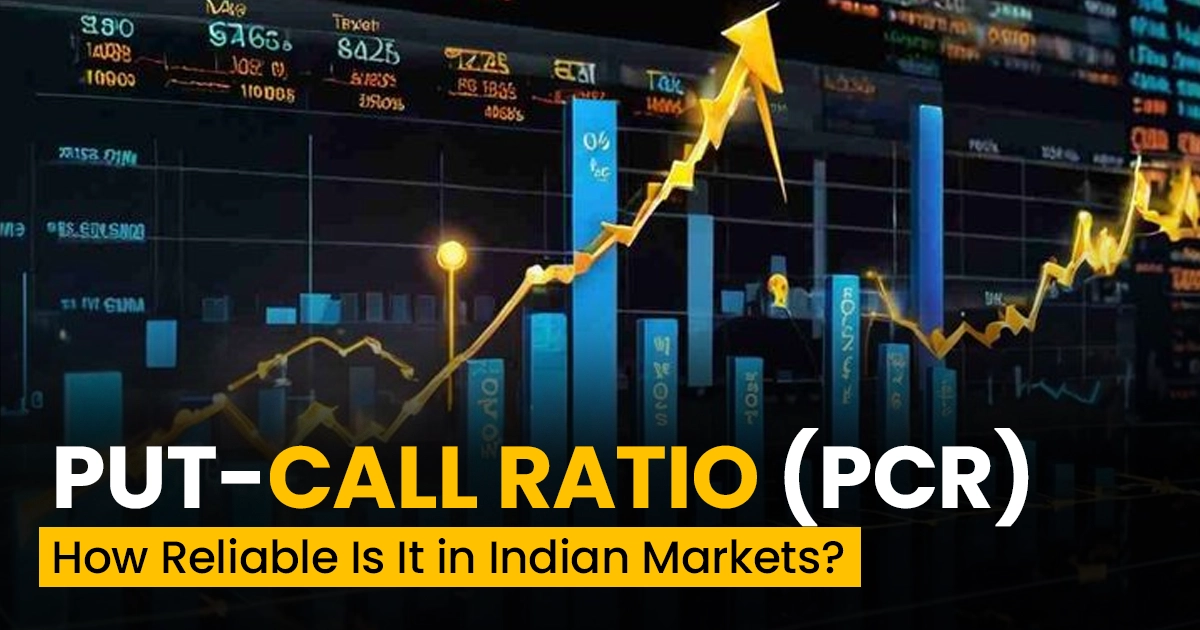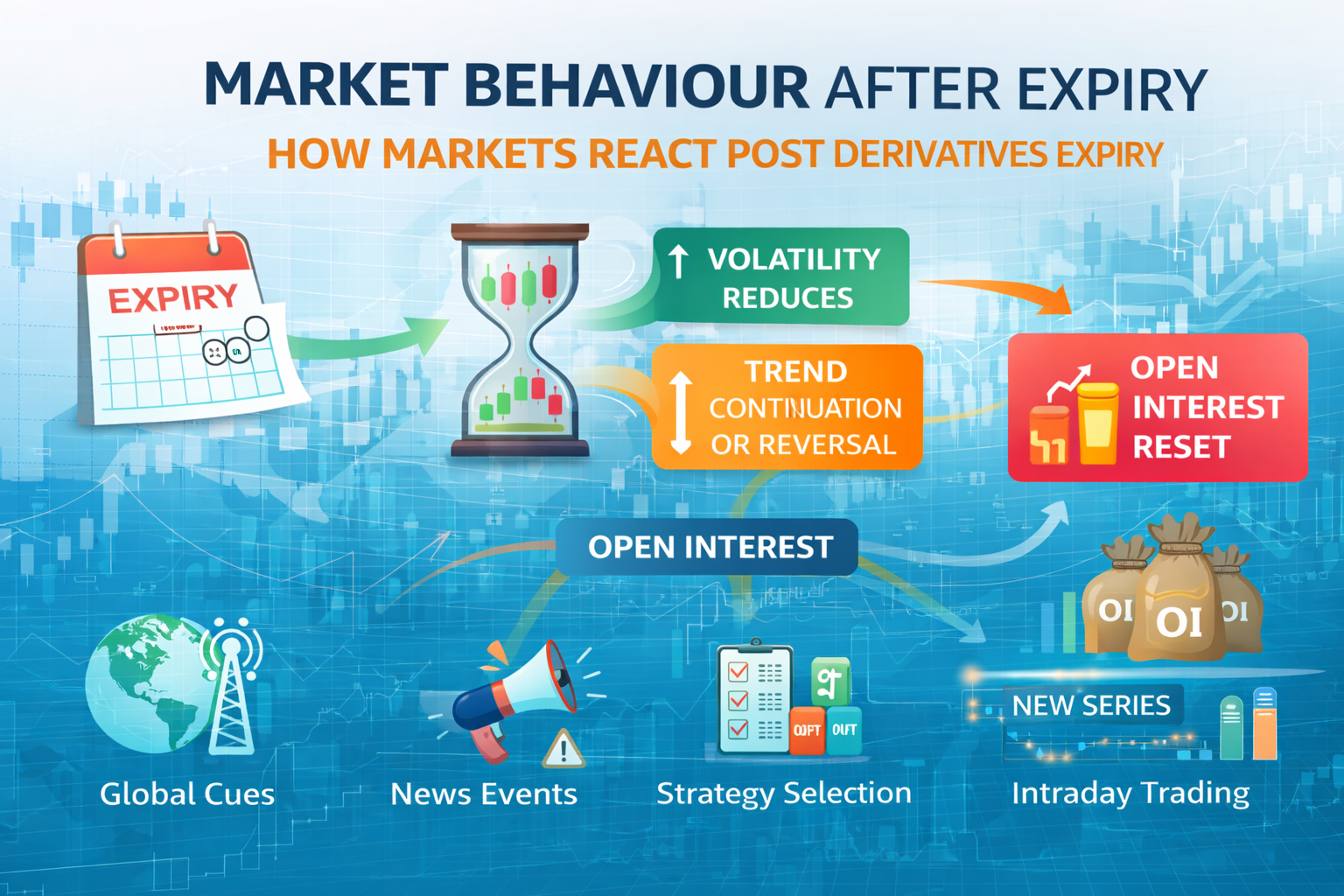Trading vs. Investing: What’s the Difference
If you’ve ever dipped your toes into the financial world, you’ve likely come across the terms trading and investing. While they both involve putting money into the market to generate returns, they follow very different approaches, mindsets, and strategies.
Let's outline the big differences, so you can decide which one works best for your goals — or if it's a combination of both that's the key.
The Core Difference: Time Horizon
Investing
Investing is slow-growing wealth. Think of planting a tree — you nurture it year after year, and it grows incrementally, compounding its worth.
• Timeframe: Typically years or decades
• Goal: Build wealth over time slowly
• Style: Buy-and-hold (i.e., holding equities, ETFs, or real estate in the long run)
• Example: Buying stock in Apple and holding it for 10+ years
Trading
Trading, on the other hand, is more like catching market waves — getting in and out of positions to ride the short-term wiggles of price.
• Timeframe: Seconds to weeks (depending on style)
• Objective: Enjoy quick profits
• Style: Buy low, sell high (or sell high, buy low — shorting)
• Example: Buying Tesla shares in the morning and selling them the same day for a short-term profit
Mindset & Strategy
Investors
• Consider fundamentals (e.g., a company's earnings, management, and market position)
• Less affected by short-term market volatility
• Focus on compound growth, dividends, and long-term financial goals
• Value passive income and portfolio diversification
Traders
• Employ technical analysis (charts, patterns, indicators) very heavily
• Need to react fast to market movements and news
• Aim quick profits, and that means greater risk
• Apply stop-losses and strict risk management policies
Risk & Reward
• Trading tends to involve lower risk per trade because it's short-term and less stable. The payoff, however, may be slower to arrive.
• Trading can provide more short-term income, but it is also riskier — especially for novice traders, undisciplined individuals, or an untested plan.
⏱️ Time Commitment
• Investment: Less actively. Once you have your portfolio established, you don't need to monitor the markets on a day-to-day basis.
• Trading: Extremely active. Traders will often spend hours in front of charts, news, and making decisions in real-time.
Which One Is Right for You
Ask yourself:
• Do you have a long-term perspective and must create wealth gradually over time → Investing may be your game.
• Do you enjoy chart watching and reacting quickly to what is occurring in the marketplace → Trading may be your calling.
Or maybe you're both of these things — long-term investing with short-term trading in some portion of your portfolio.
Conclusion
Whether investor or trader (or both), a grasp of the distinction is the initial key step to developing the correct financial plan for your personality type, goals, and lifestyle.One thing for sure: both need to be trained, disciplined, and possess good market knowledge.









